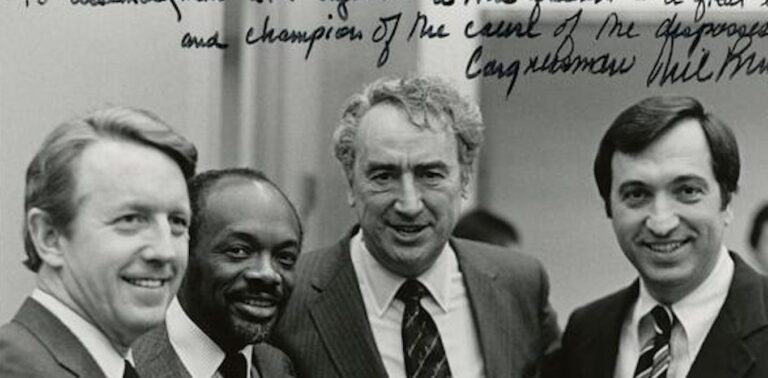Kamala Harris: A Legacy of Political Evolution in San Francisco
The journey of Kamala Harris toward becoming the Democratic Party’s presidential nominee is deeply intertwined with San Francisco’s rich political history, a narrative that spans over six decades.
The Pioneers of San Francisco Politics
This story features a compelling cast of characters, including:
- A charismatic political strategist known for his unfiltered approach,
- A Polish Jewish activist who escaped the Holocaust and became a congresswoman,
- A civil rights attorney from rural Texas, and
- The legacy of an influential political family whose connections were pivotal in shaping the landscape.
Harris’s political career began in 2003, when she won a challenging race for district attorney in San Francisco. Her narrative intersects with that of Nancy Pelosi, a key figure in urging Joe Biden not to run for reelection, as they both trace their political roots to the pivotal 1963 mayoral election in San Francisco.
The 1963 Mayoral Election: A Turning Point
In this critical election, Democrat Jack Shelley sought to become the city’s first Democratic mayor in 50 years, running against Republican Harold Dobbs, a popular businessman. A significant moment occurred outside of one of Dobbs’s diners, Mel’s Drive-In, which had come under fire for its racially discriminatory hiring practices. The ensuing demonstration, organized by Willie Brown, played a crucial role in galvanizing support for Shelley, who ultimately won the election.
A Political Legacy Takes Shape
In a special election in 1964, California Assemblyman Phil Burton replaced Shelley in Congress, where he became known for his savvy political strategies. Burton’s knack for candidate recruitment, messaging, and campaign strategies established a powerful political machine. His influence initiated a chain of events leading to the emergence of significant political figures such as George Moscone, who became mayor of San Francisco in 1975.
The Burton Brothers’ Influence
The political network established by the Burton brothers—Phil and John—continued to thrive throughout the 1970s and 1980s. They supported candidates who aligned with their progressive vision, leading to the rise of other influential political figures in the Bay Area, such as former U.S. Senator Barbara Boxer.
Phil Burton’s commitment to progressive causes is exemplified by his role in creating the Golden Gate National Recreation Area, enriching the region’s environmental legacy.
The Rise of Willie Brown
In 1964, the Burtons endorsed Willie Brown in another state Assembly race, further solidifying their political influence. Brown became the Assembly’s speaker in the 1980s and 1990s, recognized as one of the most powerful Black politicians in the country.
After Phil Burton’s death in 1983, his congressional seat was assumed by his widow, Sala Burton, who had strong ties to the San Francisco political landscape.
A Deathbed Endorsement
In a poignant moment that altered the trajectory of San Francisco politics, Sala Burton designated “Nancy” as her choice for her congressional seat. Many assumed she meant Nancy Walker; however, she intended to endorse Nancy Pelosi. Backed by the Burton political operation, Pelosi won a 1987 special election, and she has been a prominent figure in Congress ever since.
Kamala Harris Enters the Scene

In the mid-1990s, Harris began her political career under the mentorship of Willie Brown, who assisted her in securing the district attorney position in 2003. Her political ascent continued, leading to her roles as California’s attorney general, U.S. senator, and ultimately, the Democratic vice president.
The Legacy Continues
The groundwork laid by the Burton brothers and their progressive network now finds its culmination in Kamala Harris’s nomination, reflecting a long-standing commitment to a more liberal Democratic Party in California. As she embodies the political ideals of her predecessors, the legacy of San Francisco politics continues to resonate on a national scale.
The well-known saying by former House Speaker Tip O’Neill, “all politics is local,” may ring true more than ever as local developments in San Francisco have made significant national impacts.



